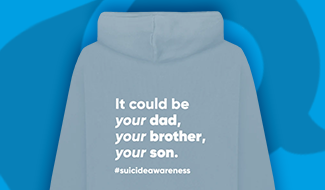This process has been around since 2018. One of the pioneers of family mediation, Henry Brown felt that family mediation hadn’t been as successful as it might have been. Hybrid mediation is seen as an answer. It merges the family model of mediation with the civil model of mediation to create something just that bit special.
Where one or both of you have your lawyers present in mediation.
I am not sure why, but hybrid mediation really took off during the COVID pandemic. So, I have now have loads of experience as a mediator doing this work and I can recommend it.
What is Hybrid Mediation?
Where one or both of you have your lawyers present in mediation. The lawyer(s) can be there all the time, or from time to time. In person (on Zoom or in the room) or just on the phone. This means they can finalise the legally binding documents needed with ease (and ought to be cheaper). The mediator can and will keep confidences and hold separate meetings (this isn’t allowed in ordinary family mediation) helping to bring about a solution.
How can Hybrid mediation be useful?
- Where there are high levels of conflict (where normally court proceedings would be issued);
- Where one of the couple have a lawyer and the other does not (is acting in person);
- Where separate meetings (which can be supported by lawyers) would be beneficial;
- When either of the people may feel unable to sit in the room or be on the same screen with the other person;
- Where the lawyers can’t seem to agree on anything at all; it’s the mediator’s job to sort them out (!);
- It’s usually quicker or needs less sessions;
- If there is a concern about domestic abuse, an imbalanced power dynamic, or another reason why either person finds it hard to have a voice;
- Where the issues or the law in the case are complex.
What sorts of case?
Can be used for those in a civil partnership, married or unmarried. Involving children, financial assets, including an international element. Don’t forget grandparents, they can be part of this too.
Certainty
- As mediation isn’t usually legally binding, it is possible for the mediator and lawyers to create documents within the process that bind the couple to any agreement. If almost all issues have been sorted the mediator can involve an Arbitrator to make a final award (legally binding decision).
Posted on January 20, 2022
















